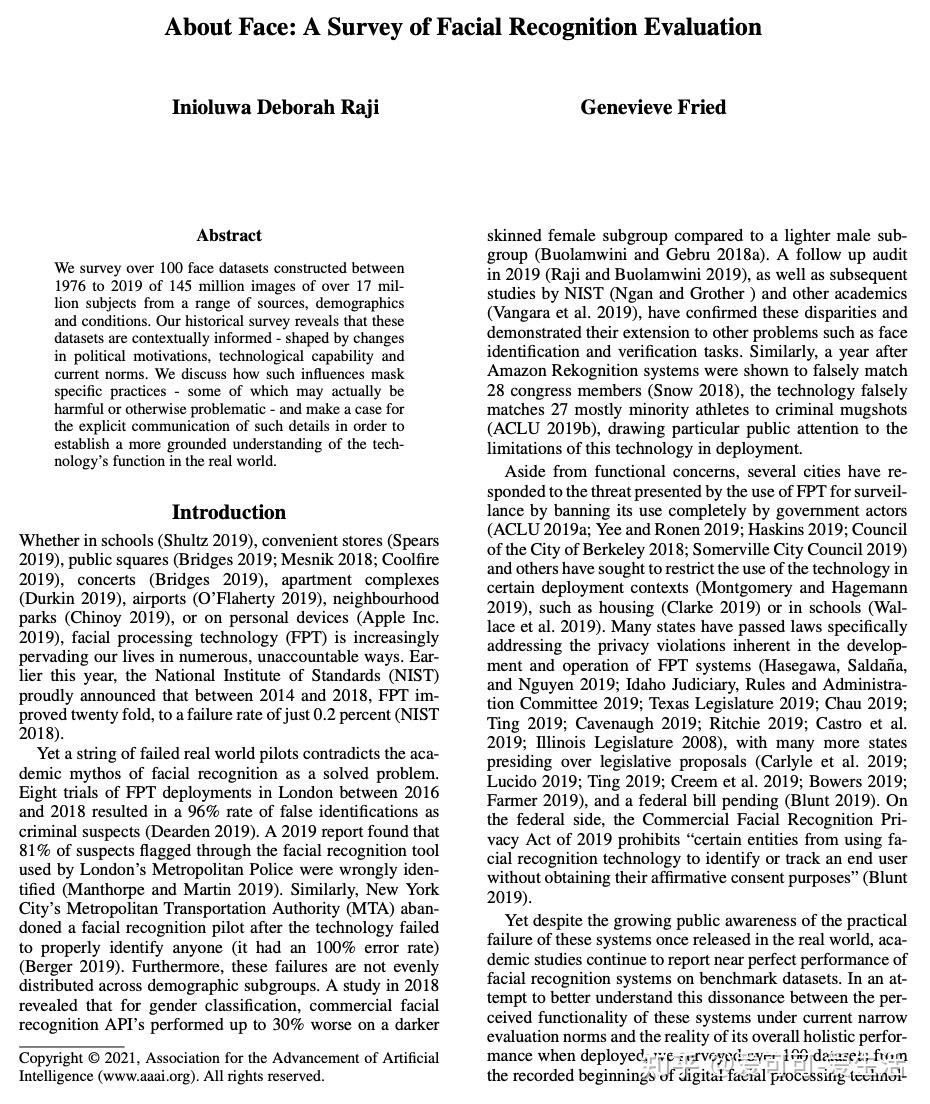|
Introduction: The advent of the internet has transformed the way businesses reach out to their target audience. Internet advertising, also known as online advertising, has emerged as a powerful tool for marketers to promote their products and services in the digital realm. This article explores the evolution of internet advertising and its impact on the modern business landscape. The Early Days of Internet Advertising: In the early days of the internet, banner ads reigned as the primary form of online advertising. These static graphical advertisements were displayed on websites, attracting user attention and driving traffic to advertiser websites. However, these ads often lacked relevance and failed to engage users effectively. Rise of Search Engine Advertising: With the rise of search engines like Google, a new form of internet advertising emerged: search engine advertising. Marketers began leveraging search engine algorithms to display targeted ads based on user search queries. This contextual advertising improved relevance and allowed businesses to reach potential customers actively seeking specific products or information. The Emergence of Social Media Advertising: Social media platforms such as Facebook, Twitter, and Instagram revolutionized internet advertising by offering highly targeted advertising options. These platforms collect vast amounts of user data, enabling advertisers to segment their audience based on demographics, interests, and behavior. Social media advertising provides businesses with unprecedented opportunities to engage with their target market and build brand awareness. Programmatic Advertising and Real-Time Bidding: Programmatic advertising, powered by artificial intelligence (AI), has further revolutionized internet advertising. It enables automated ad buying and selling, optimizing ad placements in real-time based on user data and preferences. Real-time bidding allows advertisers to bid for ad impressions instantly, ensuring maximum efficiency and cost-effectiveness. Video Advertising and Influencer Marketing: Video advertising has gained tremendous traction in recent years, thanks to the popularity of platforms like YouTube and TikTok. Businesses utilize engaging video content to capture users' attention and deliver their marketing messages effectively. Additionally, influencer marketing has become a prominent internet advertising strategy, leveraging the influence of social media personalities to endorse products or services. The Rise of Ad-blockers and Ad Fraud: As internet advertising evolved, so did challenges associated with it. Ad-blockers became increasingly popular among users seeking to avoid intrusive ads, leading to revenue loss for advertisers. Moreover, ad fraud, including click fraud and impression fraud, posed significant threats to the integrity and effectiveness of internet advertising campaigns. Conclusion: Internet advertising has transformed the way businesses connect with their target audience, offering unprecedented targeting capabilities and reaching audiences on a global scale. From static banner ads to programmatic real-time bidding, internet advertising continues to evolve, adapting to technological advancements and user preferences. While challenges like ad-blockers and ad fraud persist, the power of internet advertising remains undeniable in revolutionizing the digital landscape and driving business growth in the digital age.  |
